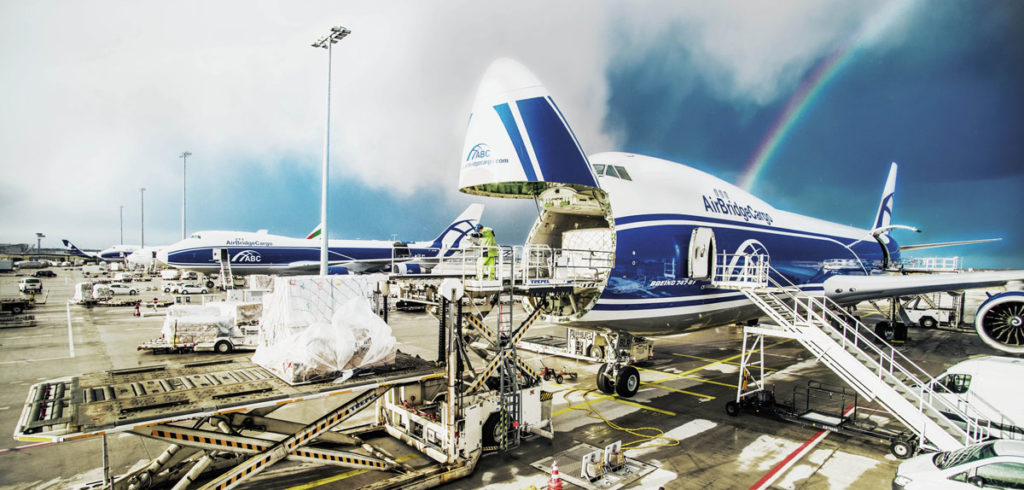London Heathrow Airport is calling on airlines and freight companies to maximize its quieter schedule and help aviation play its part in the economic and social fight against COVID-19.
Logistics companies have already begun playing a key role in this fight, importing COVID-19 testing kits via Heathrow in preparation for increased demand in the UK. Heathrow’s cargo movements are forecast to increase by 53% in the week beginning March 30, and this figure is set to increase further as the airport scales up its cargo operation. Pharmaceutical products are one of Heathrow’s top imports, with the airport handling 41% of the UK’s pharmaceutical imports (by value).
During normal operations, Heathrow is the UK’s largest port by value – 34% of the country’s cargo travels through the airport, with the majority of that cargo (95%) being carried in the belly hold of passenger aircraft. While passenger travel remains restricted for many, airports will continue to play a key role in keeping the UK’s supply chain alive, for both essential workers and goods, hence Heathrow’s repurposing of its operation.
Heathrow is also taking a number of steps to assist the airline industry during this challenging time. These steps include supporting slot alleviation – a relaxation of the rules requiring airlines to use their slots to keep them, offering free parking to aircraft grounded as a result of COVID-19, and bringing forward growth incentive payments that have helped to increase cashflow for airlines during a challenging time for the sector.
“This is an unprecedented time for the international community, with COVID-19 requiring us all to work together, adapt and adopt extraordinary measures to quell the spread of this virus. For the first time in a decade, our airport has additional capacity in its schedule, capacity which we’ve begun to see used to help push vital supplies across the globe to help support frontline teams in the battle against this pandemic,” said Heathrow CEO John Holland-Kaye. “Our intention is to remain open at all times to serve those passenger flights that will continue to operate.”

